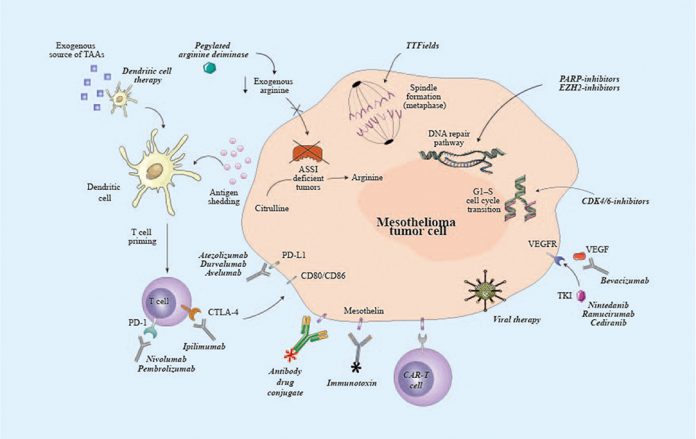The second edition of this groundbreaking mesothelioma book focuses on treatment options and advances in several fields, including genetics, the environment, biomarkers, targeting agents, immunotherapy, metabolic imaging, and ongoing clinical trials. The authors also cover the standard clinical management for patients with mesothelioma, both peritoneal and extrathoracic. This book is a vital resource for oncologists and researchers.
Table of Contents
100 questions and updated recipes
One of the best resources for people diagnosed with Mesothelioma Book is the 100 Questions and Answers About Mesothelioma. This free book focuses on educating patients and their loved ones about this dreadful disease. The answers provided are authoritative, and the book provides guidance for people who are diagnosed with the disease. The authors have included helpful recipes and updated information for mesothelioma patients, making this book invaluable for people diagnosed with the disease and their loved ones.
“100 Questions” is written by Dr. Harvey Pass, a renowned Mesothelioma Book expert. It includes answers to questions on symptoms, diagnosis, treatment, and the likelihood of recurrence. Dr. Pass’s practical advice is also valuable, as are the heartfelt insights from Susan Vento, the widow of former Congressman Bruce Vento, who died from mesothelioma in 2000. In addition to her medical insights, her experiences and recollections provide a firsthand account of illness.
Diagnosis
A thorough medical evaluation of the patient’s history and physical findings is often used in the diagnosis of mesothelioma. Besides a physical examination, specialized imaging tests can help doctors determine the size and location of the tumor. These tests can show the tumor’s invasion of surrounding structures and help the doctors plan a treatment strategy. For mesothelioma, the main test for staging is a CT scan. If a CT scan has already been performed, a second test may not be needed. In some cases, it may not even be needed if the tumor is found to be small.
After a physical examination, a pathologist can examine the tissue samples to check for signs of Mesothelioma Book. A pathologist can also determine which cell subtypes are present in the patient’s tumor. Diagnosis of mesothelioma is the first step to treatment. In some cases, the patient may experience pain and other symptoms. If this is the case, treatment options will depend on the type of mesothelioma that has developed in the patient.
Treatment options
Various treatment options are available to patients with mesothelioma. These treatments may involve surgery, chemotherapy, or radiation, or a combination of all three. A patient may benefit from aggressive treatment protocols, but it’s important to know the risks and benefits of each type of treatment before deciding which is best for them. There are also several experimental treatments currently in development. The NCI approves immunotherapy and gene therapy, which use the body’s own immune system to kill cancer cells. Cryotherapy is another treatment option, and involves freezing the cancer cells to kill them. Cryotherapy can be a minimally invasive procedure and is used to treat the symptoms of mesothelioma.
Fortunately, treatment options for Mesothelioma Book are expanding every day, and many are considered experimental. While many conventional treatments, such as chemotherapy, radiation, and surgery, have not produced satisfactory results for patients, researchers have recently developed new treatments. These therapies are approved for use in a clinical trial or when surgery isn’t a viable option. Many people who suffer from mesothelioma choose to undergo this experimental treatment to increase their chances of survival.
Life expectancy
The life expectancy of people with mesothelioma varies depending on the type of the cancer. Treatment may consist of chemotherapy, radiation or surgery. Some patients may not be eligible for such intensive therapies. There are other options, such as second opinions, clinical trials, immune system boosters, or alternative treatments. However, the most important factors are early diagnosis and aggressive treatment. Here’s a closer look at the options available to you.
Final Words:
Early diagnosis can greatly improve a patient’s chances of survival. Early mesothelioma patients may live up to two years after diagnosis. Aggressive treatments can significantly extend that time. Surgery, chemotherapy, and multimodal therapies are effective in improving the survival of patients with the disease. Even though the life expectancy of mesothelioma varies greatly, early detection can greatly increase the odds of a successful treatment.


















